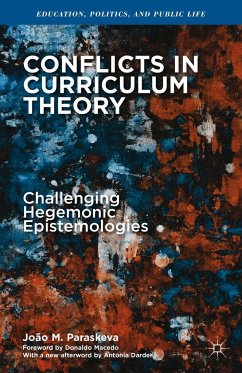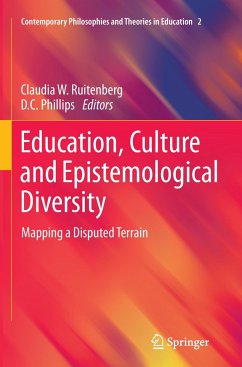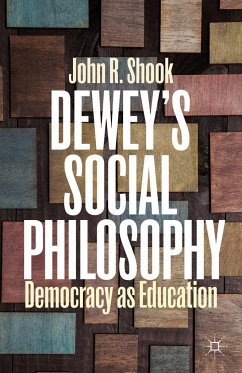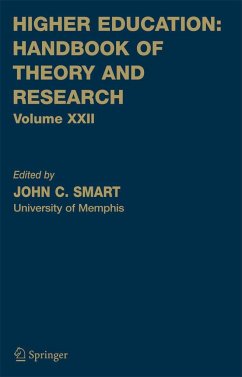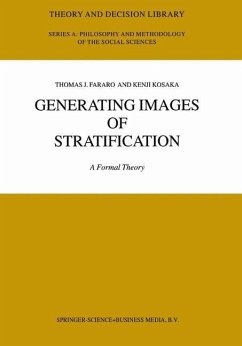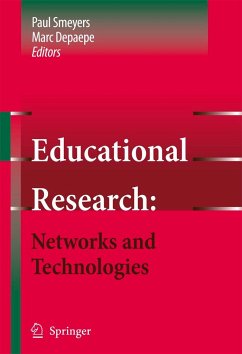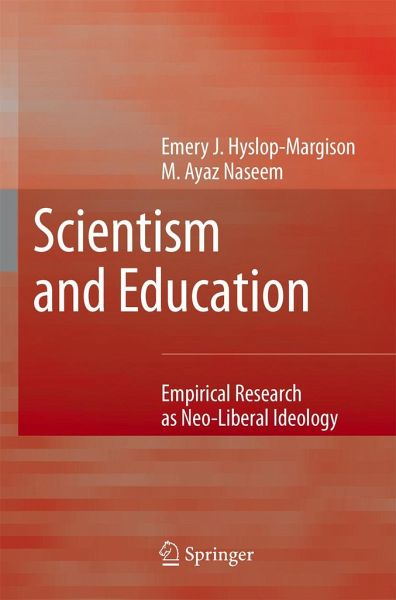
Scientism and Education
Empirical Research as Neo-Liberal Ideology
Versandkostenfrei!
Versandfertig in 6-10 Tagen
76,99 €
inkl. MwSt.
Weitere Ausgaben:

PAYBACK Punkte
38 °P sammeln!
This volume offers a critical examination of the mounting pressure placed on educators to apply scientific principles to improve education. By revealing many of the epistemological problems confronted by the social sciences, including education, the authors undermine the prevailing view that a science of education is possible or desirable. Instead it proposes alternative practices to strengthen democratic learning practices.
We presently live in an era dominated by scientism, an ideology that believes that science (and its rationalist foundation in modern epistemology) has an undeniable primacy over all other ways of seeing and understanding life and the world, including more humanistic, mythical, spiritual, and artistic interpretations. In being critical of scientism as I am, I am not against science per se: modern science and its ways of understanding and knowing the world are valuable, and we should be grateful for them. But it is the hegemony of the habits of mind that manifest pervasively in education that privilege science education, career, and research over other modes and branches of learning and knowing that I have problems with. I have too often witnessed parents overtly or subtly discouraging their children from following artistic or humanistic aspirations and pushing them for training and careers in Science, Math, Business, and Technology. In this society we say in a thousand and one ways that money, security, power, and ultimately fulfillment reside in these disciplines and not in the Arts, Humanities, and Philosophy. We valorize scientists, and even when they speak on subjects outside their domain of expertise, we take their opinions and pronouncements as definitively authoritative. When Science speaks, people listen. This hegemonic attitude towards Science and other subjects that require the exercise of our rational and intellectual faculty is reflected in educational research as well.







